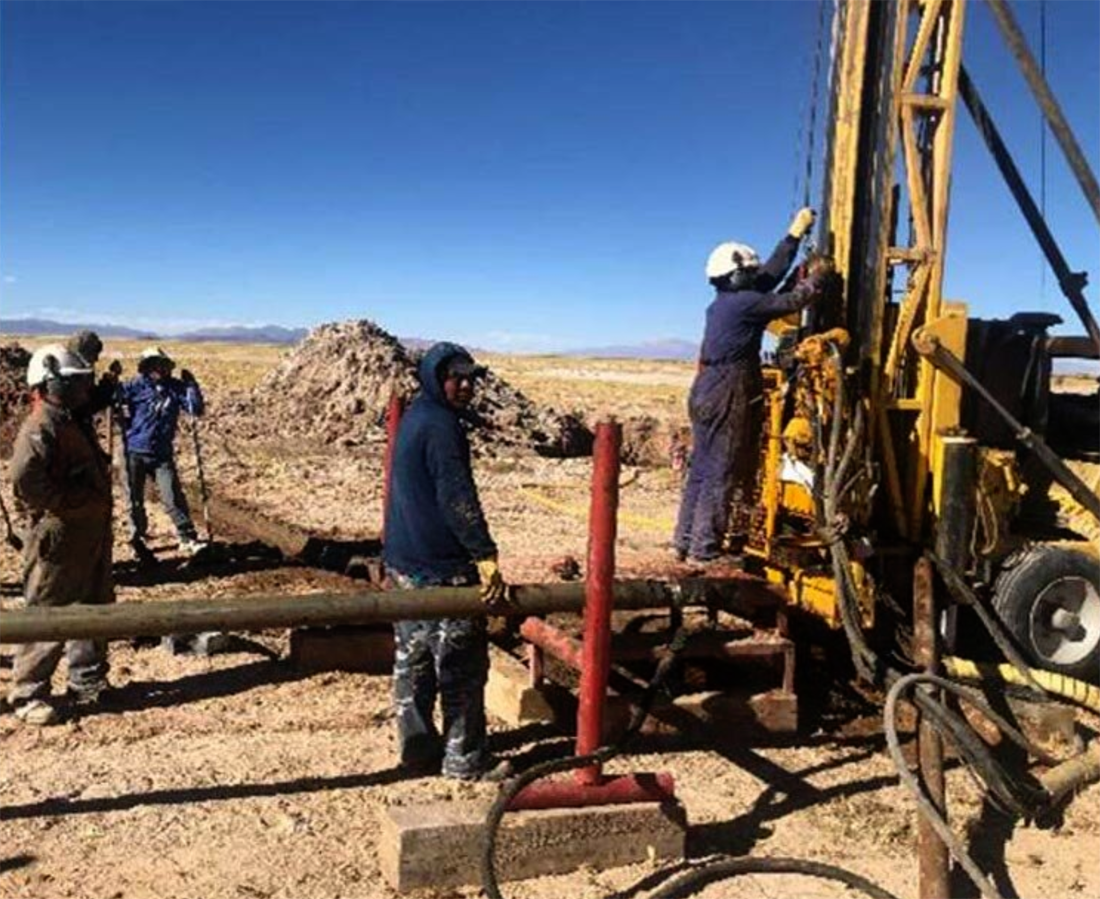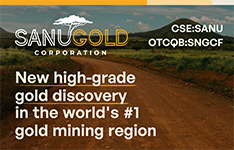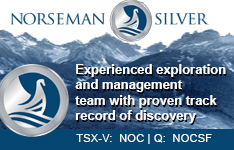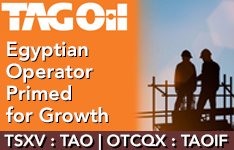As electric vehicles rapidly gain popularity across Europe, the region is racing to ramp up lithium production, a key component in EV batteries.
For years, Europe has relied heavily on imported refined lithium, mainly from China. But this dependency could now pose an existential threat to European automakers.
China's Dominance in Lithium
China gained its dominance in lithium by heavily investing in mining and refining capacity decades ago. For example, Chinese battery and EV manufacturer BYD got into lithium mining as far back as 1995.
Whereas in the 1980s, Europe and other developed regions moved away from mining critical minerals like lithium due to high costs and perceived environmental impacts. This effectively handed control of the global lithium supply chain to China.
Now, Chinese firms account for 90% of LFP cell manufacturing worldwide.
This gives China immense economic leverage and battery cost advantages.
Can Europe Catch Up?
With at least a 10-year head start in EV battery technology and production capacity, Chinese manufacturers have already begun exporting electric cars to Europe at very competitive prices.
Last year, China surpassed Turkey as the top exporter of vehicles of all engine types into the European Union. Some industry analysts have concerns that European car manufacturers may struggle to match China's quick expansion in reasonably priced electric cars.
However, supporters argue Europe can still gain ground in the transition to EVs by incentivizing consumers, securing access to raw materials, and adjusting trade policies.
For example, the EU plans to relax state aid rules and raise extraction targets for critical minerals under their new Critical Raw Materials Act. The legislation aims to help European companies compete with subsidies in the U.S. Inflation Reduction Act.
The EU is also launching an anti-subsidy investigation into Chinese auto imports over unfair competition concerns.
Ultimately, boosting EV adoption in Europe will require making electric cars more affordable through purchase incentives, tax benefits, and charging infrastructure buildout.
On the supply side, Europe will need to accelerate lithium production significantly. However, constructing an entire battery supply chain on home soil will be hugely expensive and time-consuming.
Ramping up lithium mining and refining alone could cost upwards of US$750 million and take up to seven years for each new project. The race is on for Europe to catch up, but time is short.
New Lithium Plants Under Construction
To reduce reliance on imported lithium and build a domestic supply, European companies have started constructing the first large-scale lithium refineries on the continent.
For example, in Germany, AMG Lithium of AMG Critical Materials NV (AMVMF:OTCMKTS;AMG:AMS) is nearing completion on a massive lithium hydroxide plant in Bitterfeld-Wolfen. The facility is set to begin operating later this year, with the aim to produce 100,000 tonnes of battery-grade lithium hydroxide annually. This amount would be enough for over 2.5 million electric vehicles.
AMG Lithium already has purchase orders lined up through 2026. The company's CEO, Stefan Scherer, believes producing lithium domestically is crucial for Europe's auto industry to reduce dependency on China. However, he cautions that completely cutting ties would be unwise. Some cooperation will still be needed.
Beyond Germany, several other projects are underway across Europe to extract lithium from domestic resources and build processing plants. For instance, in Portugal, Britain's Savannah Resources Plc (SAV:LON) is developing a lithium mine to produce spodumene concentrate, a key lithium-containing mineral. The company notes, "the project is now well established as Western Europe’s most significant spodumene lithium project."
The Spanish company IberAmerican Lithium Corp. (IBER:NEO) is one of the players trying to develop new lithium projects domestically. IberAmerican Lithium has identified significant lithium mineralization at its Alberta II concession in the Galicia region of Spain, with over 25 drill intercepts above 1% lithium oxide.
The company aims to delineate an initial resource of 10 million tonnes grading 1-1.1% lithium oxide in the first half of 2023. Success by IberAmerican Lithium could help provide the domestic lithium supplies that European automakers desperately need. Ramping up production at deposits like IberAmerican's Alberta project will be key for Europe achieving greater self-sufficiency in EV battery metals and reducing reliance on imports from China.
However, experts estimate it can take five to seven years just to get a new lithium mine fully operational. It remains to be seen whether European companies can establish new lithium mines quickly enough to meet surging regional demand.
Challenges Remaining
Even with progress ramping up domestic lithium production, Europe faces steep challenges securing enough supply to meet EV battery demand. The EU projects lithium demand will grow up to 5 times by 2030. Relying solely on European resources may prove difficult.
There are large lithium deposits in countries like Serbia and the Czech Republic. However, mining projects continue facing hurdles from environmental concerns and local opposition. Other countries may need to step up as well.
Recycling lithium from spent batteries can help supplement supplies. But recycling initiatives remain in early stages. Some lithium imports will likely still be needed even if Europe achieves its extraction goals.
Competition from other major auto markets will also squeeze global lithium supplies. The US just passed the Inflation Reduction Act with huge EV subsidies and mineral production incentives. And China obviously won't idle either. There may not be enough lithium to go around.
For European automakers, the lithium supply crunch comes at an already challenging time given high energy costs and economic headwinds. They face a rocky road sustaining competitiveness through the EV transition. But with strong policy support, strategic trade and mining deals, and substantial investment, establishing a domestic lithium supply could help Europe's auto industry stay in the race.






































